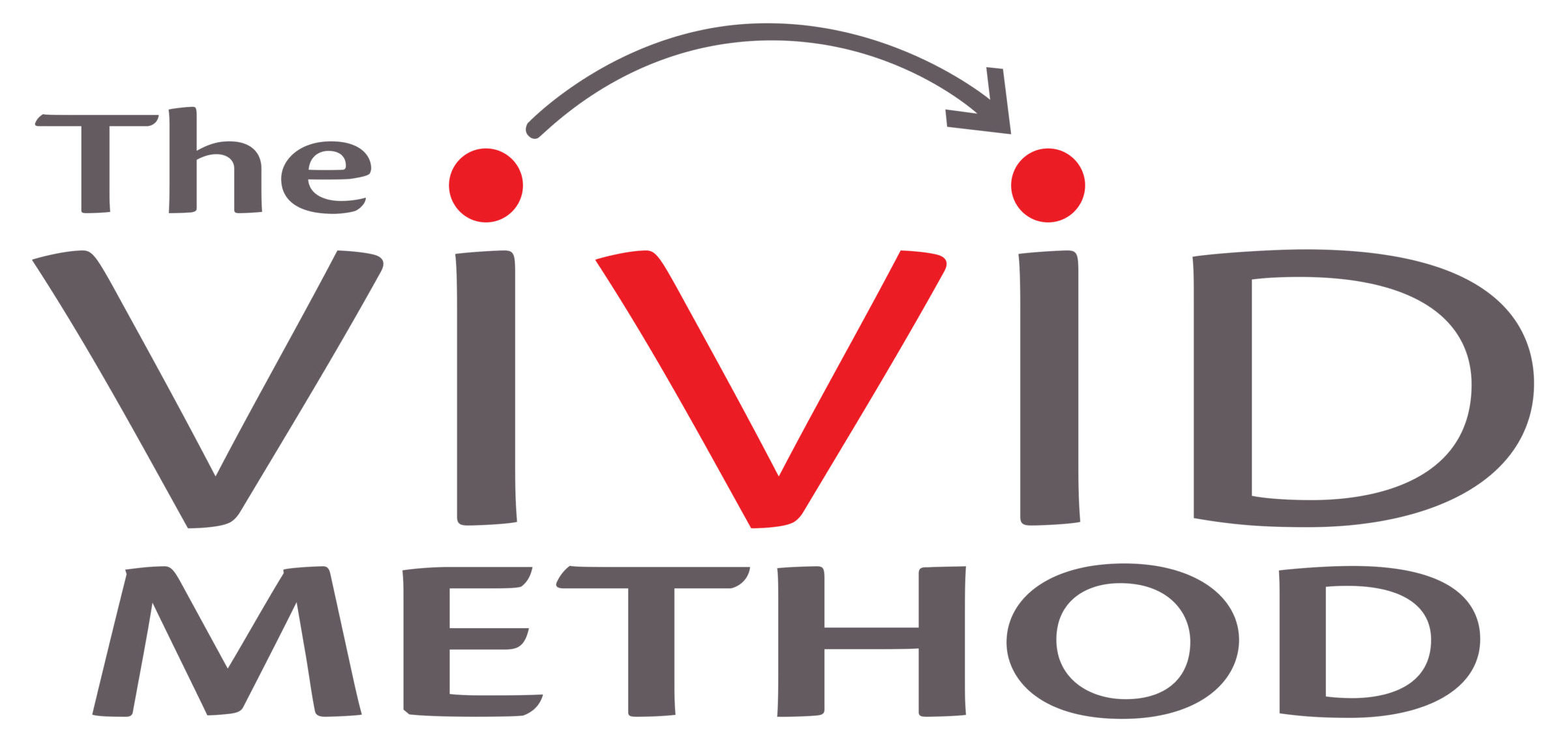The Power of the Pause in public speaking
I paused to speak with a friend this week, a legend in radio, who shared with me what Graham Kennedy believed was his secret to success in connecting with an audience. The pause. Now, some of you will be asking; ‘Who the hell is Graham Kennedy? He was a pioneer – an award-winning entertainer, movie…
